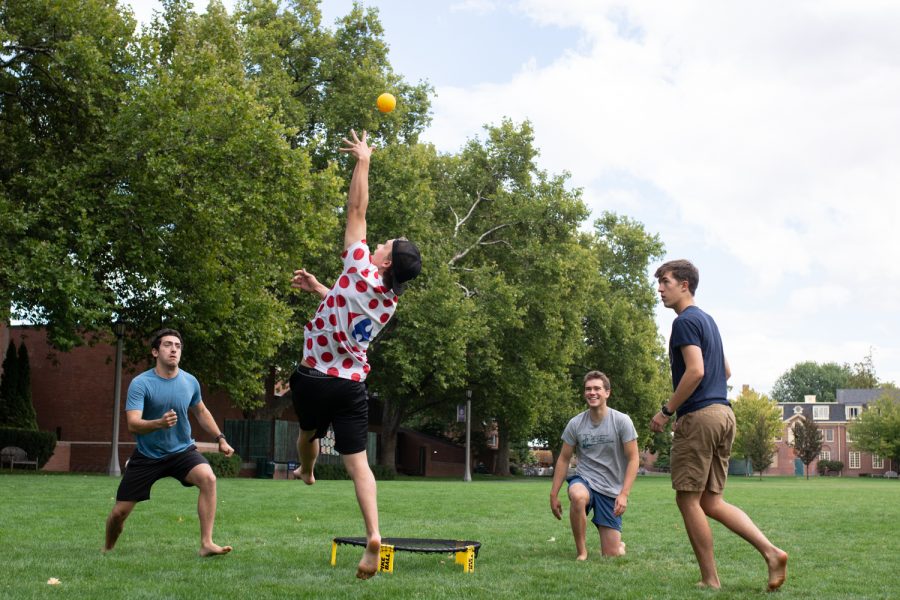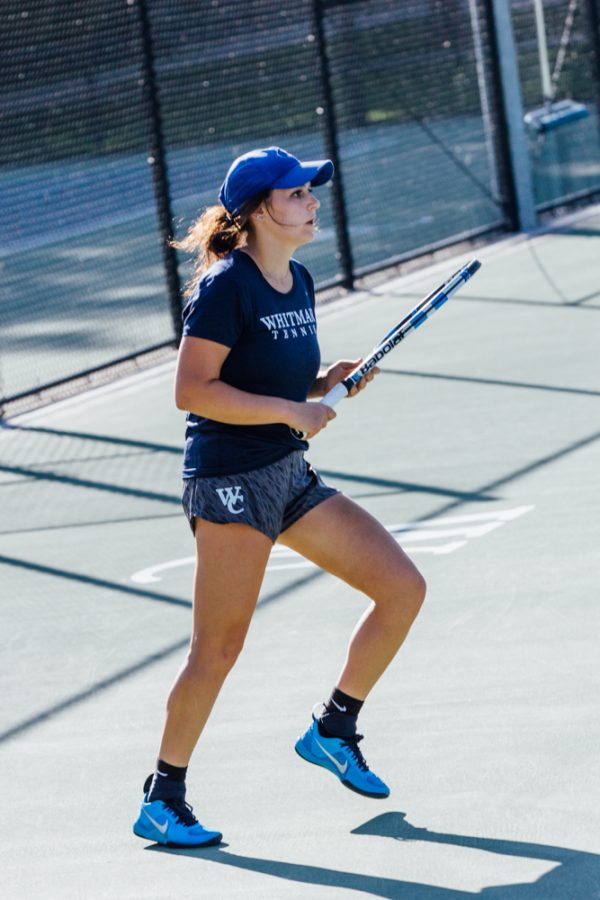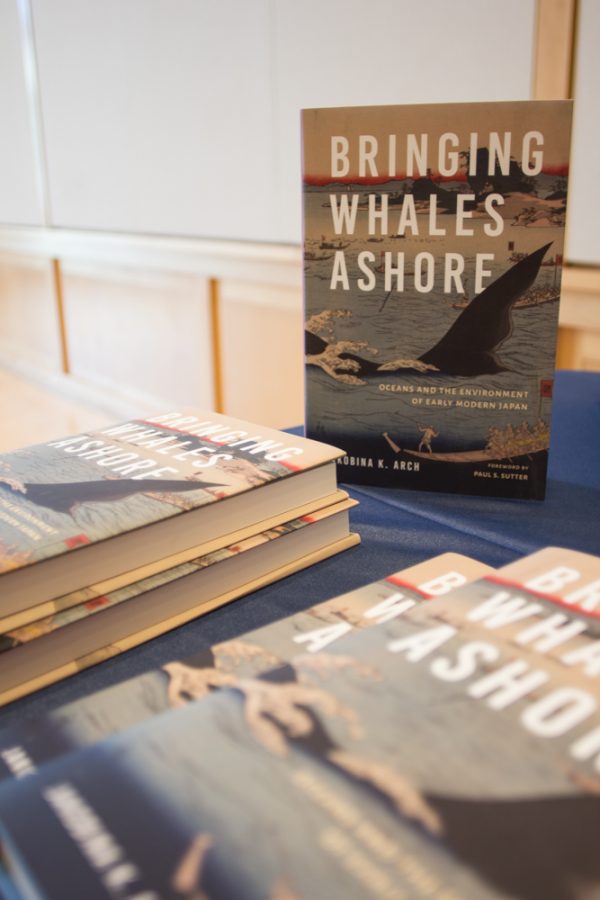While preparing for liftoff (which, as of writing, is only two days away, ohgoodnessgollygeewhizcrapIneedtofinishpacking), I’ve been asked by multiple people, “Why Morocco?” It’s a good question: Morocco is hardly the normal study abroad destination. (I’m one of two Whitties spending this semester in the entire continent of Africa.) In fact, I had my heart on attending St. Andrew’s University for a year before even considering SIT’s program in Morocco. As I’ve thought about it, though, I’ve whittled down my answer to four different reasons:
1. The culture. Morocco has such an interesting cultural background. It’s where the East meets the West. It’s largely Muslim. It’s so different from anywhere else that I have lived, and it’ll be nice to escape the Pacific Northwest for a bit.
2. The language(s). I took French in high school, and while I was in Professor Hurlburt’s French Literature class in Spring 2011, my speaking abilities have since grown embarrassingly rusty. Retrospectively, I probably should have spent more time at the French conversation tables at Whitman, but there’s nothing that can be done about that now. So I’ll be able to brush up on my French, and pick up a little (minuscule amount of) Arabic. While working this summer, I had a coworker teach me a bit of the Arabic alphabet. It’s crazy hard. Like, really, really hard. Within one hour of pouring over the alphabet, he was able to teach me the three letters that are in the word “door.” (In case anyone was wondering, it’s الباب. You’re welcome.) But I’ve been wanting to learn Arabic for a while, so this is perfect. With 15 hours of intensive Arabic per week, hopefully I’ll be able to read more than “the door” by the end of the semester.
3. SIT’s set-up. The School of International Training has got a really neat thing going for it. There will be about 12 other American students in this specific program with me, and maybe another 40 or so on sister programs within the same city. We’ll be living in the medina, the old part of Rabat, five or so minutes from the center where we’ll be studying. We will be culturally integrated through home stays. Aside from that, SIT’s programs are different than simply enrolling at a foreign university: each one is specifically focused on a given topic. Mine is entitled “Morocco: Migration and Transnational Identity,” but there’s another one running in Rabat on journalism, and another one specifically devoted to studying culture. We spend the first ten weeks of the program in seminars dedicated to our topic, and the last four on a research project, either conducted alone or with a local NGO. Our last week is dedicated to presenting our findings to everyone else in our program. SIT has programs all over the world, ranging from topics in the social sciences, to the humanities, to the sciences. For underclassmen considering a non-traditional study abroad experience, I’d recommend checking them out.
4. The content. I know I mentioned in my previous post that I’m fascinated by human migration. Not only does this program give me a first hand look at it in action, it also gives me the opportunity to gain real experience with conducting social research, an experience that will be handy for my inevitable sociology thesis. I’m thinking of eventually doing my thesis on the local migrant farm community in Walla Walla, so my hope is that the research I conduct in Morocco will provide me with material to perhaps do an international comparison of immigration. From my readings thus far, I’ve found many aspects of Moroccan emigration to eerily echo what is happening here in America. But more on that later.
In case anyone is incredibly curious about what I’ve been reading in preparation for the trip, here are the three books SIT had me read in advance:
In and Out of Morocco by David A. McMurray
The Performance of Human Rights in Morocco by Susan Slyomovics
Gender and Transnationalism: Home, Longing, and Belonging among Moroccan Migrant Women by Ruba Salih
Of the three, I’d say the first is the fastest read. McMurray lived in Nador, a town in the North filled with Moroccans who were either about to emigrate, had attempted illegal emigration and were caught, or were living transnational lives. The last book, however, was my favorite. Its combination of information on policies and human stories was both touching and compelling.
Okay, everyone. That’s it from me here in Portland. Liftoff’s really coming. Next time you hear from me, I’ll be in Morocco. Leah, out.





leahsiegel • Sep 6, 2012 at 1:41 pm
Marie- we’ll have to talk more about Morocco! I absolutely love Badrdine, and I wish that he worked with my program. And Ibrahim is wonderful, and makes incredible food! Feel free to follow me on my tumblr, http://leahinmaroc.tumblr.com/
Marie von Hafften • Sep 3, 2012 at 6:36 pm
Hi Leah! I studied abroad with SIT Morocco on the journalism program during Spring 2012, so it’s exciting to hear that you are about to head off to the CCCL in Rabat! I wish you a wonderful semester. There will be cultural adjustments that might take getting used to (e.g. Turkish toilets, street harassment), but I promise you that you are going to remember this for the rest of your life. Badrdine at the CCCL is hilarious, the cook upstairs is super friendly, and medina life is one of the most vibrant I have ever experienced. Ahh, I wish I could go back with you! Have fun!!